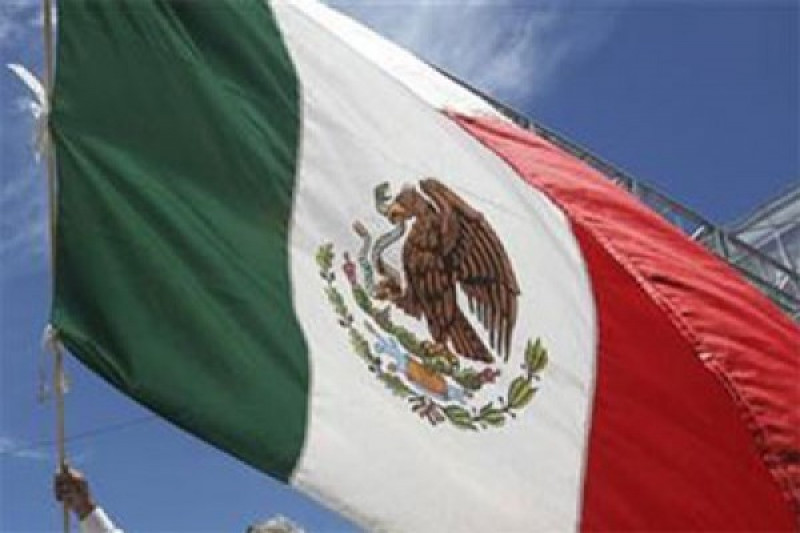
STRATEGIC ASSESSMENT. There are competing theories regarding which cartel is responsible for the attack, however. Early in the investigation, Mexican officials tried to attribute the American deaths as a case of mistaken identity and one possibly linked to a shootout that occurred a day earlier between a criminal group called Los Salazar and La Linea, the enforcement arm of the Juarez cartel. The Attorney General for Chihuahua state in Mexico offered the theory that Los Jaguares, an offshoot of the Sinaloa cartel, could have been behind the attack. A number of arrests of individuals linked to the November attack have been made and the Federal Bureau of Investigation (FBI) is also assisting with the case as it proceeds.
Drug-related murders in Mexico have been steadily rising since Andres Manuel Lopez Obrador took over as President in 2018. Mexican drug cartels have often been held responsible for much of the violence in the country. The major cartels include the Sinaloa, the Jalisco New Generation, the Gulf, and Los Zetas. The United States government has described the Sinaloa Cartel as one of the largest and most sophisticated drug trafficking organizations in the world. With a strong foothold throughout northwest Mexico, the Sinaloa Cartel maintain linkages to drug trafficking distribution points throughout the world.
In late November, President Trump announced that he planned to designate Mexican drug cartels as terrorist organizations, while also making it clear that the designation plans are primarily driven by a high number of American deaths at the hands of the cartels. While many of the cartels meet the legal criteria for terrorist designation, there are myriad drawbacks to sanctioning criminal groups as terrorists.
First, the cartels are motivated by pecuniary interests and while many do use extreme violence to further their bottom-line, they do not have political aims. Adding criminal groups to the State Department Foreign Terrorist Organization (FTO) list would dilute the importance of that list by further obscuring the crime-terror line. Second, the Mexican government remains steadfastly opposed to the U.S. designations of the Mexican cartels as terrorists.
Mexican officials see a U.S. terrorist label of the cartels as a possible violation of its sovereignty and have historically opposed the FTO designations due to the negative impact they would have on tourism and trade. Still, Mexican cartels do engage in extreme forms of violence, in many ways similar to the Islamic State. Moreover, Mexican cartels have used social media platforms to recruit new members, spread propaganda, and leverage personal data, contact details, and travel plans to carry out virtual extortion plots as a way to augment cartel finances.
Lopez Obrador soon followed up, noting, ‘I celebrate that he [Trump] has taken our opinion into account. There has to be cooperation with respect to our sovereignties, cooperation without interventionism.’ Like other situations, such as the U.S. withdrawal from Syria, the President may have spoken out about a new policy before it was fully deliberated upon by relevant government departments, officers and senior officials. For instance, some experts argue that sanctioning the cartels could potentially increase the number of asylum requests into the United States, as asylum seekers could reasonably justify that they are seeking safe haven in the United States from a designated terrorist organization.
Alternatively, the optics of labeling the Mexican cartels as terrorists could have upended the December 10, 2019 Mexico City signing ceremony for the new U.S.-Mexico-Canada Agreement (USMCA), which replaces the old North American trade agreement, known as NAFTA. Finally, Mexico’s constant request for genuine cooperation on countering the drug cartels may have resonated with Washington policymakers. For instance, Mexico likely cooperated with the United States on the December 10 arrest of Genaro Garcia Luna, the former Secretary for Public Security – Mexico’s equivalent to the FBI. According to a recently unsealed indictment, Garcia Luna is accused of taking millions of dollars in bribes from the Sinaloa cartel. It is precisely because of the importance of the new trade deal and the arrest of corrupt former officials like Garcia Luna that ill-conceived policies, such as designating criminal cartels as terrorists, should remain mothballed (TSC).





